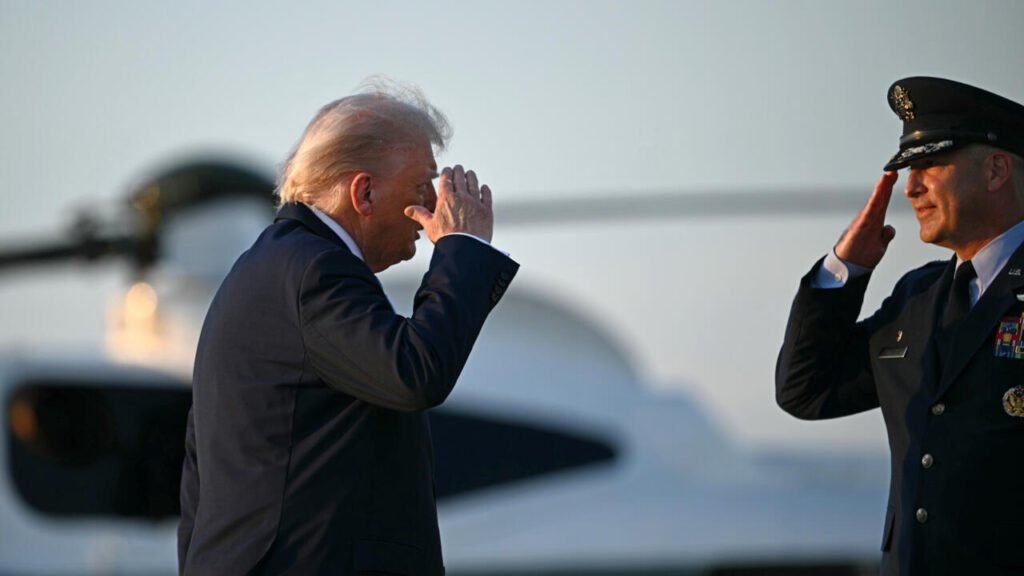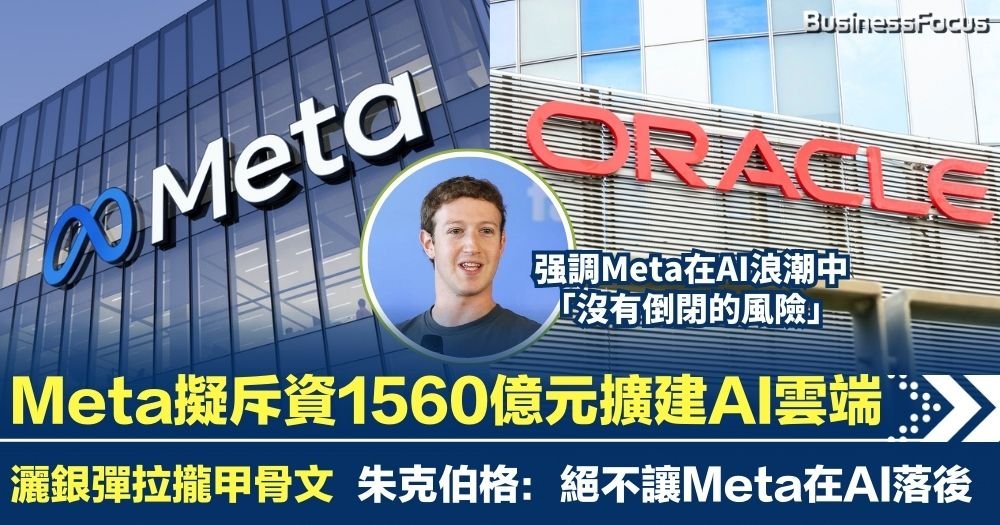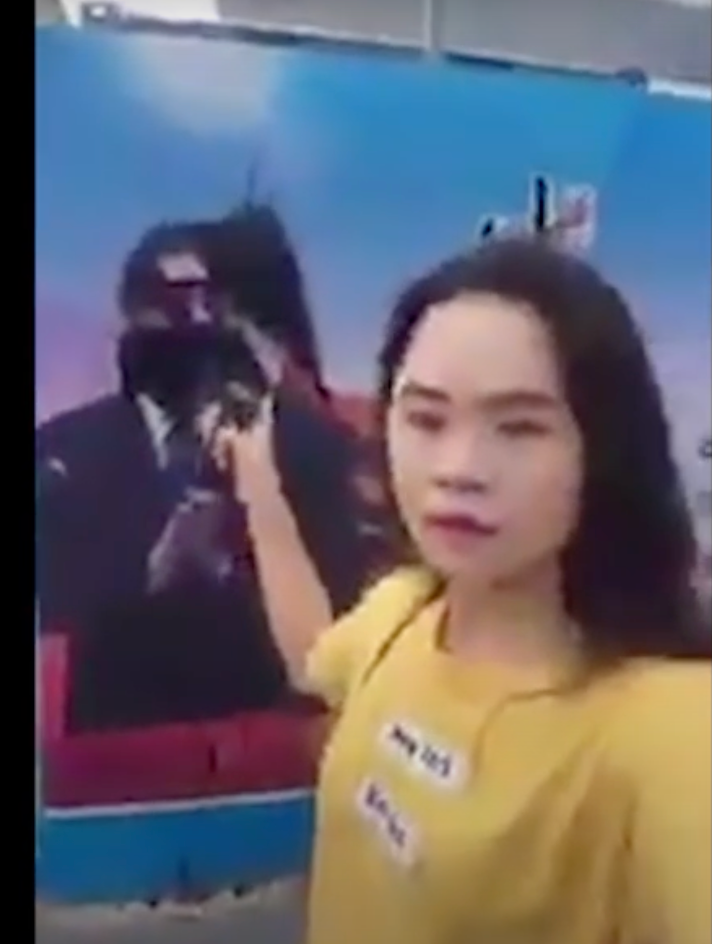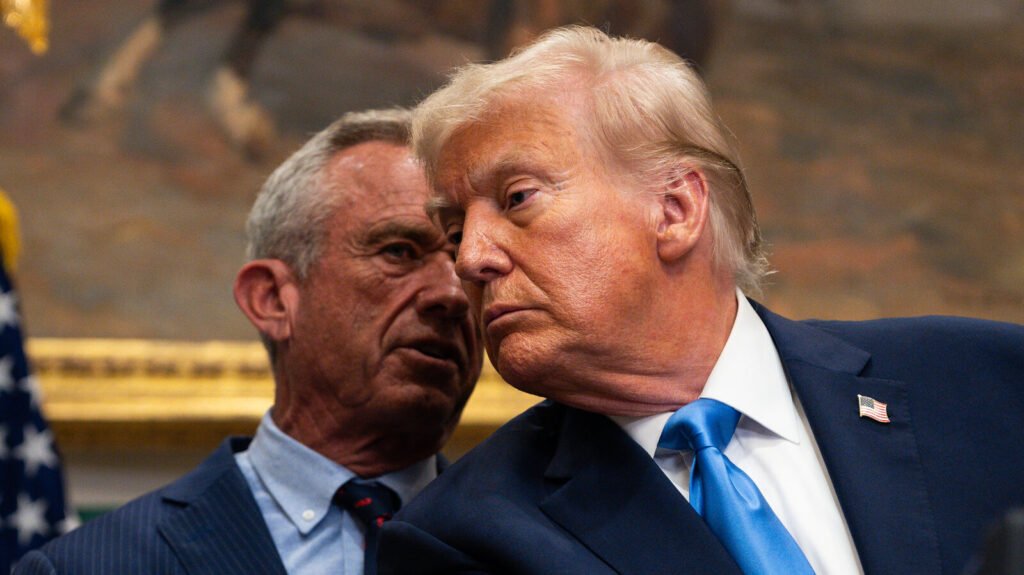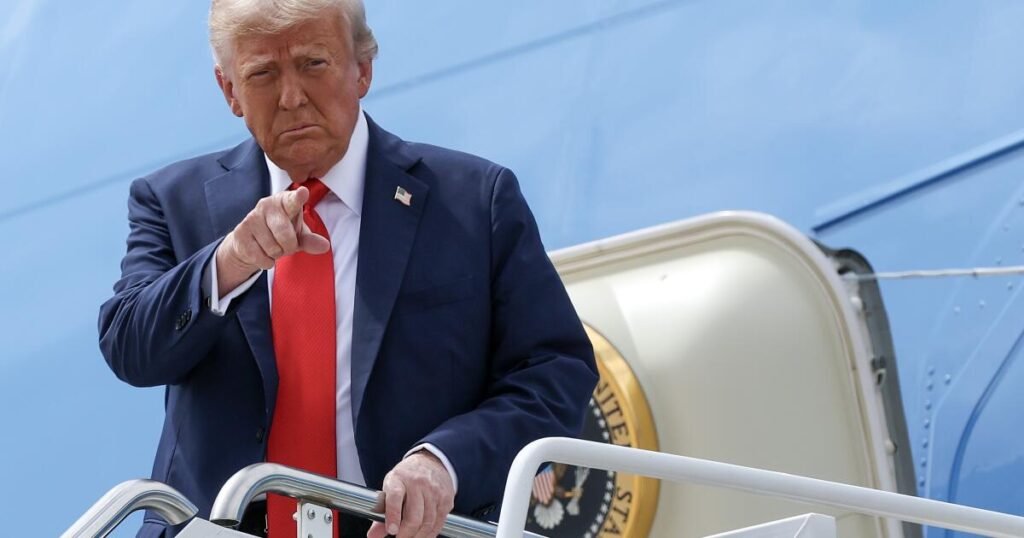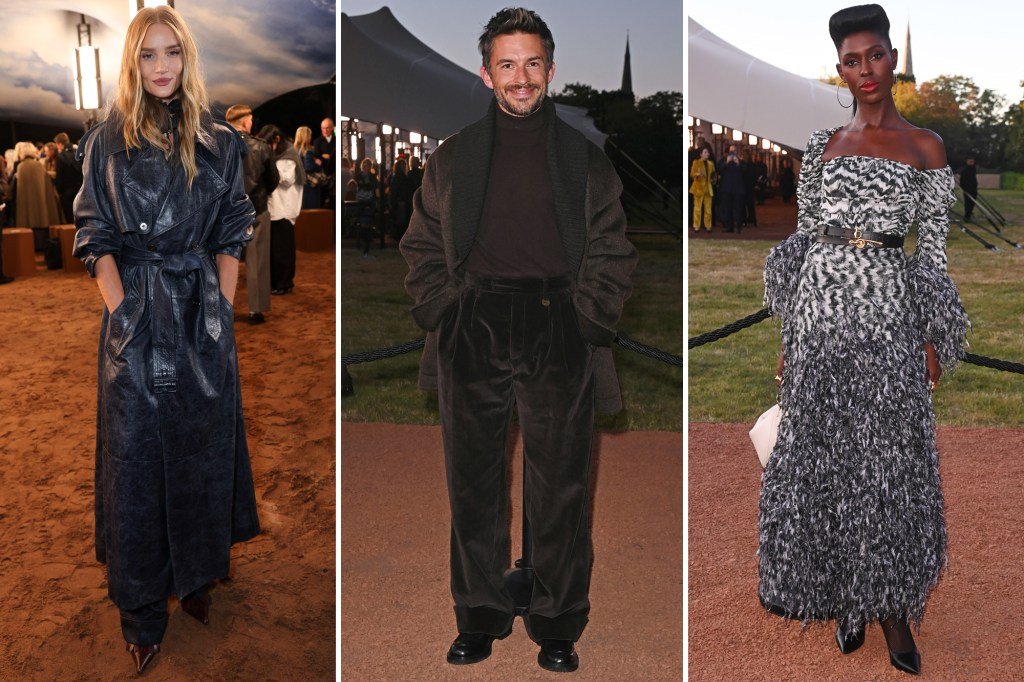Hong Kong
—
Donald Trump’s much-touted call with Xi Jinping failed to finalize a long-awaited deal to spin off TikTok’s US operations, but China’s top leader did signal his blessing for the plan – as long as it aligns with Beijing’s interests.
At first glance, Beijing’s willingness to play ball on TikTok looks like a sharp reversal from its years of resistance to relinquishing control over the viral video app – the first global social media hit to come out of China.
But rather than bowing to Trump’s pressure campaign, analysts say, Chinese leaders are using an app cherished by the US president and millions of Americans as leverage to extract other, far more consequential concessions.
And judging by comments from Chinese officials and state media on the “framework” reached by the US and China in Madrid this week, Beijing appears intent on retaining ownership of TikTok’s most prized asset, its algorithm that has helped the app attract 170 million Americans and more than 1.5 billion users worldwide.
But it raises questions over how that arrangement would comply with the US law on TikTok, which explicitly precludes any cooperation concerning “the operation of a content recommendation algorithm.”
On Friday, Trump claimed that he and Xi had “approved the TikTok deal” following a nearly two-hour call. But Beijing offered little to suggest the deal is finalized, instead signaling it remained very much a work in progress.
The Chinese readout quoted Xi as telling Trump that Beijing “would be happy to see productive commercial negotiations in keeping with market rules lead to a solution that complies with China’s laws and regulations and takes into account the interests of both sides.”
Xi also asked the US to “refrain from imposing unilateral trade restrictions” and to “provide an open, fair and non-discriminatory environment for Chinese investors,” according to the readout released by China’s Foreign Ministry.
It remains unclear what Beijing gained in return for green-lighting negotiations over the sale of TikTok – one of the biggest global success stories of its rising tech industry. The app, owned by Chinese company ByteDance, is not available in China – a heavily censored market where its sister app Douyin dominates.
According to the Chinese readout of the Madrid talks, the “basic framework consensus” agreed by both sides on TikTok also covered “reducing investment barriers and advancing relevant economic and trade cooperation.”
Chinese leaders are well aware of Trump’s desire to keep TikTok running in the US. Since returning to the White House, he has repeatedly extended the deadline to ban the wildly popular app – which he credits with helping him win over young voters in last year’s presidential election – despite being the one who first started the yearslong effort to shut it down during his first term.
“Given Trump’s 180-degree turn and now, blatantly political self-interest-fueled interest in owning TikTok, Beijing has most likely deftly leveraged an app that matters much less to its political establishment than it does the MAGA movement core to secure concessions,” said Brian Wong, an assistant professor at the University of Hong Kong.
Those concessions could include the US easing semiconductor export controls, investment restrictions – especially with regard to Chinese capital entering the US – and potentially tariffs on China, he added.
“In short, the Chinese state has appropriated the TikTok issue as a bargaining chip to secure more advantageous concessions in other policy domains,” Wong said.

Beijing’s willingness to cooperate on TikTok showcased its flexibility in dealing with the mercurial Trump and the fluctuating state of bilateral ties, experts say.
“Beijing’s earlier comment on a forced sale of TikTok came in the backdrop of a negative perception of US-China relations under Trump 2.0,” said Yun Sun, director of the China Program at the Stimson Center think tank in Washington.
But that backdrop has changed significantly, she said.
“Now Beijing sees the opportunity to improve the relations with US and TikTok suddenly shifted from a ‘matter of principle’ to a matter that is negotiable. There are bigger fishes to fry,” Sun added.
Beijing, which once denounced Trump’s first-term bid to force a TikTok sale as “daylight robbery,” is now portraying the latest deal as “mutually beneficial,” stressing that it respects corporate will and market principles.
“China reached the relevant consensus with the United States on the TikTok issue because it is based on the principles of mutual respect, peaceful coexistence and win-win cooperation,” the People’s Daily, the ruling Communist Party’s official mouthpiece, said in a commentary Wednesday.
China will review the export of TikTok’s tech and intellectual property licensing needed to complete the deal, the commentary added.
A key sticking point in the deal is the fate of TikTok’s AI-driven recommendation algorithm, the secret sauce at the heart of its global success.
Wang Jingtao, a deputy director of China’s Cyberspace Administration, said the deal could include methods such as entrusting the operation of TikTok’s US user data and content security services, as well as licensing its algorithms and intellectual property rights.
“The key issue as I understand it from the Beijing side has always been about the algorithm and ByteDance’s IP,” said Trey McArver, co-founder of research firm Trivium China.
“For a long time, the red line for the Chinese side has been the algorithm,” he said, adding that selling the technology was seen as unacceptable to Beijing because it would feel like the US was bullying China and seizing its prized asset.
In 2020, when Trump first tried to force a TikTok sale, China placed a raft of technologies it deemed sensitive under export controls, including those that enable personalized content recommendations based on data analysis – like TikTok’s powerful algorithm.
Cui Fan, an economics professor in Beijing and advisor to the Chinese Commerce Ministry, noted that TikTok’s technologies are restricted rather than banned for export. The Chinese government will likely conduct reviews and issue a technology export license, which would then allow ByteDance to grant TikTok permission to use them, he said in a social media post ahead of the Xi-Trump call.
The two leaders last spoke by phone in June, when they pulled a fragile tariff truce between their countries back from the brink of collapse. That detente has since been extended to November, as the two sides race to strike a broader deal to resolve their trade differences and long-running disputes.
On Friday, Trump said he will meet Xi at the APEC summit in South Korea next month, and that he will visit China early next year. The leaders also agreed that Xi would come to the United States “at the appropriate time,” Trump said.
Compared with a summit on the sidelines of a multilateral event, “Beijing obviously would prefer a meeting in China, because they can control everything,” said McArver at Trivium China.
“I don’t think they are going to cede things in a negotiation to get there,” he added. “But they may be able to make the visit look more appealing.”

